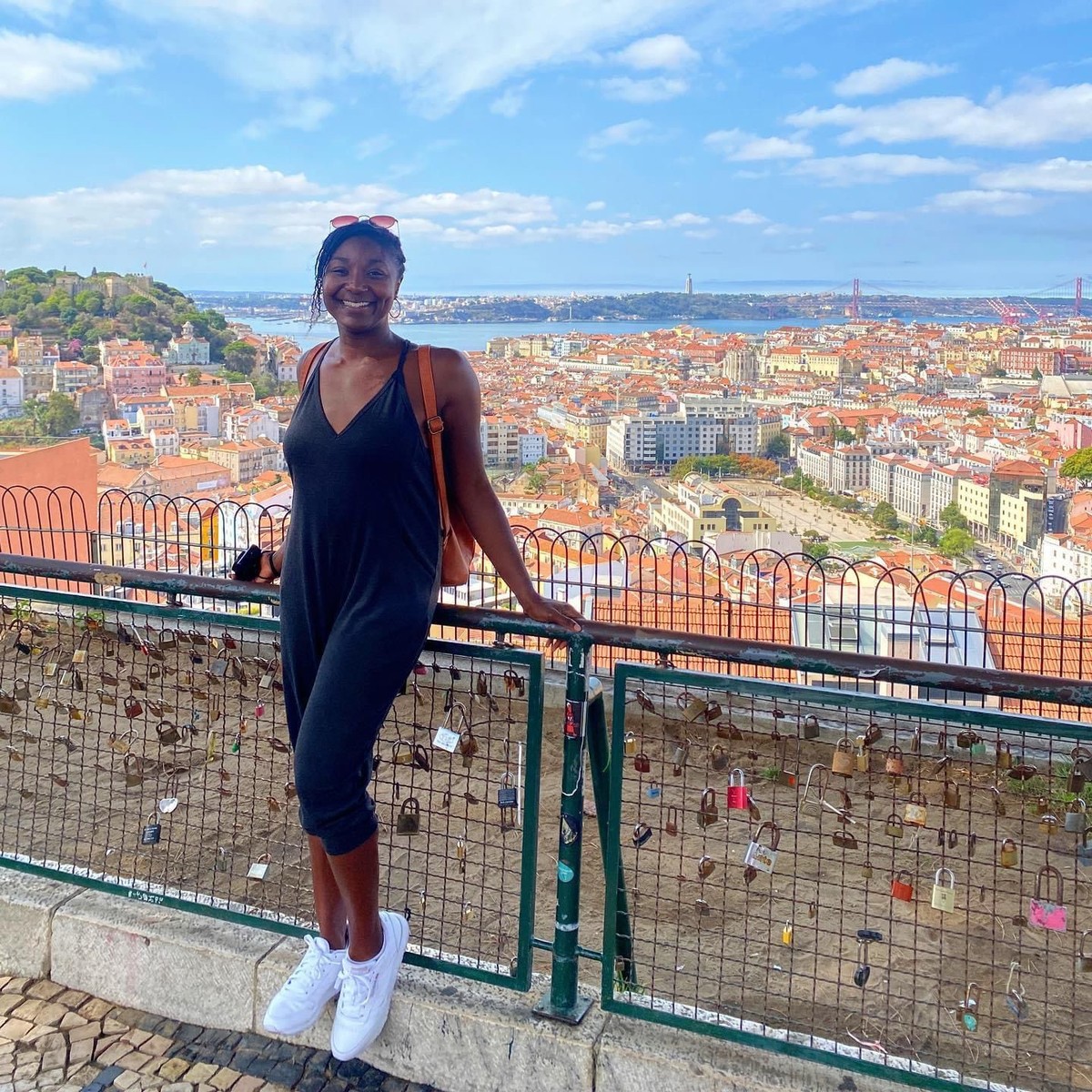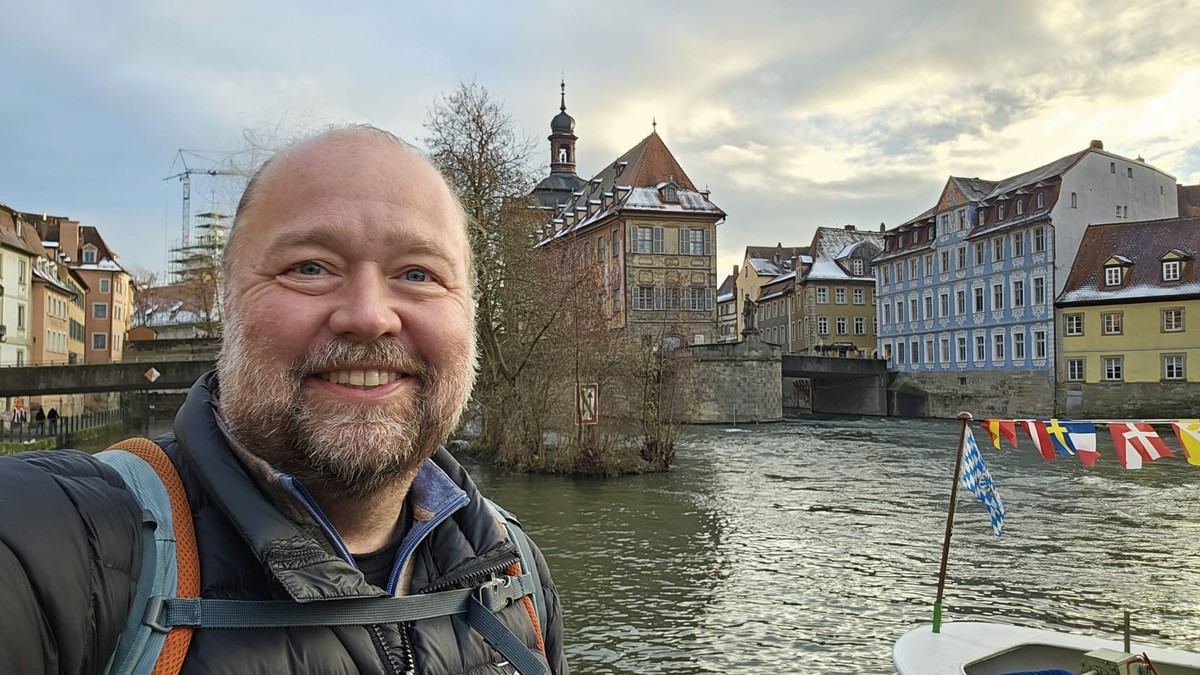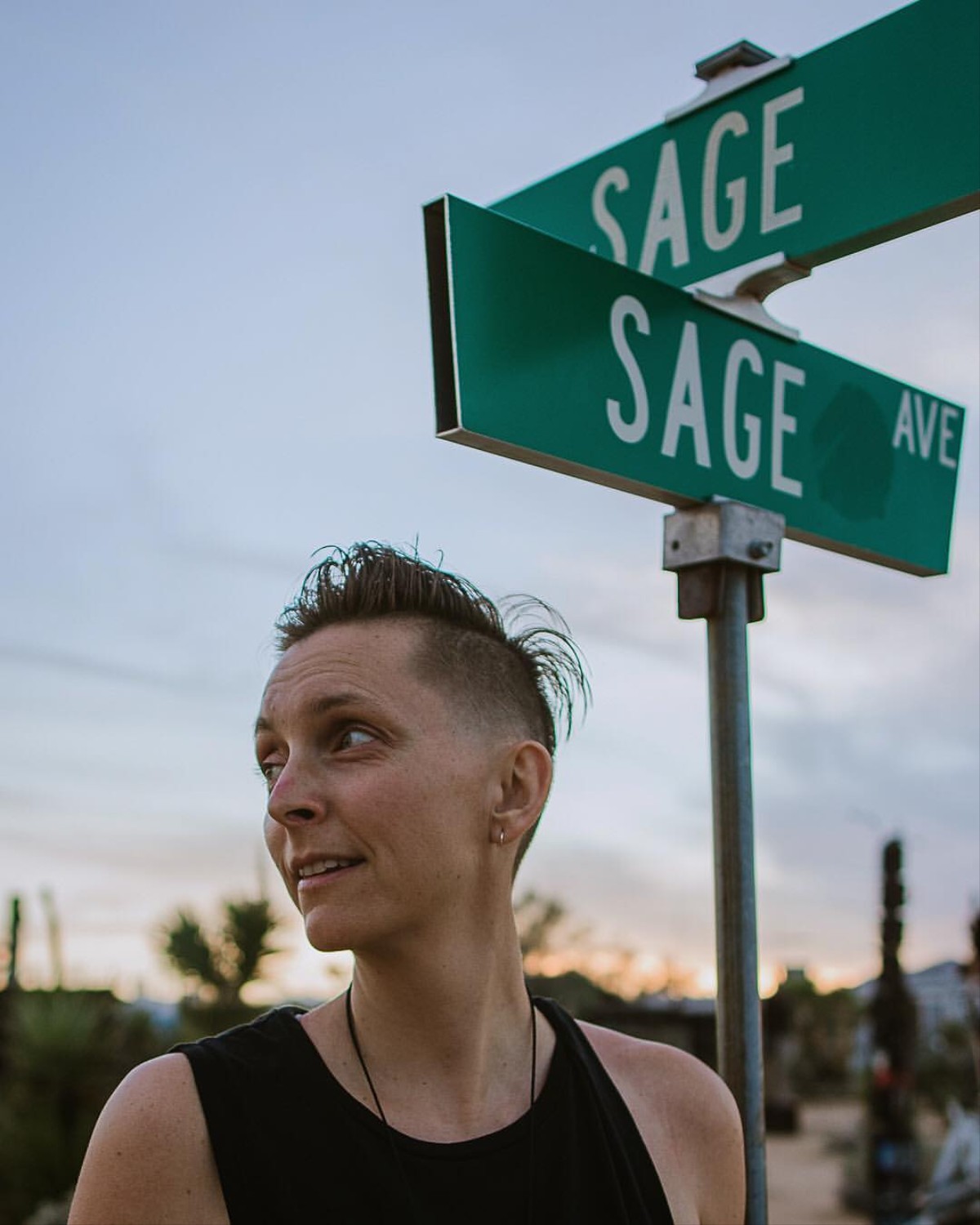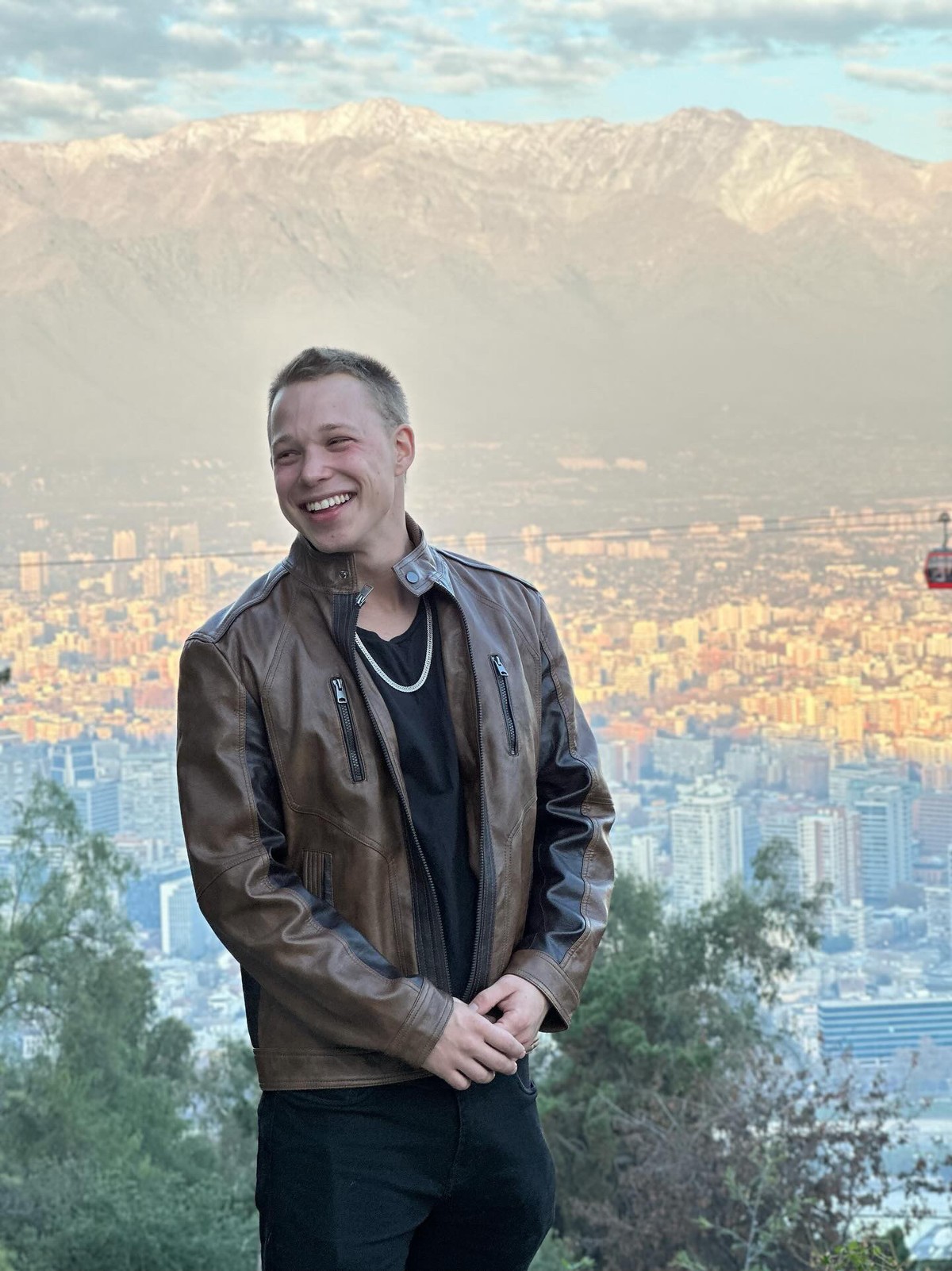I’m a Digital Nomad. It’s Not as Fun As It Looks.
6 min read
Picture this. It’s Tuesday morning and you’re reclined on a sun lounger, Ray Bans on, casting your gaze across a golden beach in Bali. Your laptop is open in front of you, the WIFI is strong and your office is now essentially a rainbow-coloured parasol.
This isn’t a vacation, it’s the supposed life of a digital nomad: freelance remote workers who chose to be location-independent, and continue their 9-5 routine while funding adventures around the world.
In recent years, this lifestyle has been trending on Tiktok and Instagram via videos like “Ways To Escape The Matrix And Work Remotely Overseas”, “A Day in the Life of a Digital Nomad”, “Digital Nomad’s Morning Routine” and, most recently, “What’s in the bag of a digital nomad?”
Even outside the TikTok world, this liberated approach is thriving. A recent study found that 17.3 million of workers in the U.S. (around 11% of the national workforce) now describe themselves as digital nomads, up 2% from the previous year, but up a staggering 131% since the pre-pandemic year of 2019. It appears that as rents continue to spiral upwards and the cost of settling down becomes increasingly unaffordable, more people are choosing to find a home wherever they wander.
But there’s a flip side to this phenomenon. Widespread criticisms of the practice have surfaced on Tiktok over accusations of “gentrification” and “neo-colonialism”, as well as reports that digital nomad hotspots are becoming unaffordable for the local residents that have always lived there.
So is digital nomadism really as liberating as it seems? Or is there a murkier aspect hidden behind those sun-drenched photos of a laptop at a beach bar? I spoke to five digital nomads about their bittersweet experiences.

Ariana Nicole: “People have their biases and their ideas.”
‘There were places where people hadn’t even seen a black person before’
“When I started my digital nomad life, I was working for a UX design company. The biggest challenge was making sure I had adequate wifi or a good space to work from. Sometimes, I’ve visited places where it’s been harder to focus. For example, when I went to Costa Rica, there was so much going on all the time and I had to work hard to make sure that I stayed productive as opposed to just lounging on the beach.
“Being a black woman, it was a challenge for me to navigate around other people’s ignorance. People have their biases and their ideas, and there were places where people hadn’t even seen a black person before.
“I have also had someone tell me that as a digital nomad, my parents fund my travels and I am basically just living off them while travelling the world. That’s not accurate. In fact, when it came to just trying to live as a foreigner in the country itself, all the bureaucracies were in place. It was really hard doing everyday things like renting a bike, getting a SIM card, or even getting a gym membership. I really struggled with that and questioned if it was the lifestyle for me. – Ariana Nicole, 32, North Carolina

Dr Mark Wolters: “It’s worse during the holidays.”
‘I missed out on some important family moments’
“Everyone puts the good side out. But the thing is, it gets lonely. Eating lunch by yourself is okay but eating dinner by yourself gets depressing. And if you do it for a long time, it really affects you mentally. One of the big troubles during my early years of being a digital nomad was making friends, actual physical friends. It’s worse during the holidays. I got really homesick during Halloween and Thanksgiving, which are traditionally American and not hugely celebrated around the world.
“I lived 12 years abroad and travelled to several countries, including places such as Germany, Lithuania, China and Portugal. When I was in my late 20s, it started hitting me: ‘When do I settle down?’ ‘Who do I settle down with?’ I was getting older and I needed to think about these things.”
“Worst of all, I missed out on some important family moments. My grandma died and I found out about that by email. I would have liked to have been there. But I wasn’t there when they needed me. Such life events can kind of separate you from your family.” – Dr Mark Wolters, 47, Illinois (US)

Connie Biesalski: “I was often mistaken for a guy.”
‘Being queer and travelling in Asian and Arabic countries, as well as Central South America, made me really conscious of my gender’
“Even though it was amazing to be able to learn a lot of different things from different people, it came with a lot of challenges. Constantly travelling from place to place and not having stable friends, family and community was pressuring for my mental health.
“Being queer and travelling in Asian and Arabic countries, as well as Central South America, made me really conscious of my gender. As I lean more towards a gender-male presentation with my short hair, I was often mistaken for a guy. In Dubai, when I’d go to the bathroom, women would look at me and ask me to leave the room in Arabic. I’d have to point to my boobs [and be like] ‘Hey I have breasts’.
“I couldn’t really be expressive and open about it. Even when talking with locals, the topic would come up about having a partner and I’d adjust what my response would be. Even in Sri Lanka, the locals near my place knew about my wife but we never really spoke about it in our conversations.” – Connie Biesalski, 40, Portugal

Danylo Sovgut: “Every time you arrive in a new location… You have to start all over again.”
‘It was absolutely exhausting: either working or spending time planning’
“I have been a digital nomad for a year and it was really interesting to have so many experiences. But then, every time you arrive in a new location, all the friends and the connections that you have made for the past couple of months are sidelined, and you have to start all over again.
“As I work online as a physics and maths tutor, it was difficult at times to balance work and travel. I found myself constantly planning and spending most of my time doing just that. It was absolutely exhausting: either working or spending time planning.
“Working on my music is important to me, as I am also a rapper. But I felt like I didn’t really have time for it, as I was hopping around places.” – Danylo Sovgut, 25, Ukraine

Karen Aguayo Hernández: “I missed the consistency and familiarity of a stable home.”
‘I began to realise that constantly being on the move and adapting to new environments was taking a toll’
“As a digital nomad, I’ve had the opportunity to embark on an incredible journey, filled with exploration, and the freedom of a minimalist lifestyle. However, I began to realise that constantly being on the move and adapting to new environments was taking a toll. I missed the consistency and familiarity of a stable home, and I found that I wasn’t fully enjoying my travels while also having to work and meet project deadlines.
“This was especially apparent during a recent trip from Colombia to Ecuador by bus. While it was an amazing adventure, my partner and I found ourselves exhausted afterwards. We were craving some downtime and the comfort of a home base. This experience made me reflect on the importance of finding a balance between travel and a sense of stability. I enjoy the freedom to travel and explore, while also having a place to call my own and maintain a healthier work-life balance.” – Karen Aguayo Hernández, 33, Mexico



